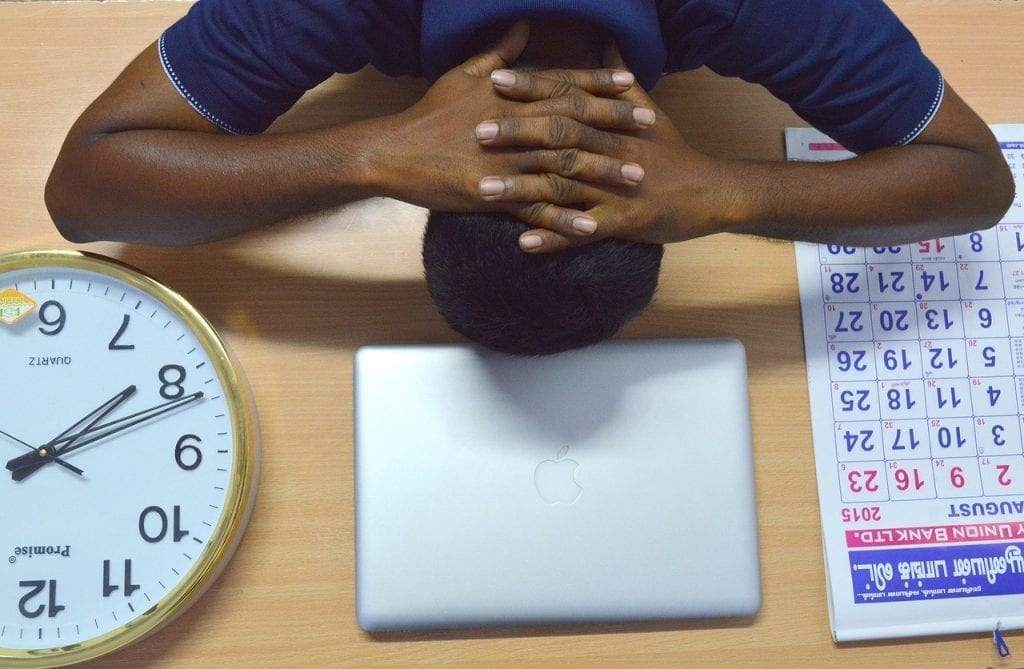Keep Your Business Away from Bed
Our culture has some troubling myths about the way we sleep and what it means. The “sleepless, driven CEO” and the “insomniac artist” are stock characters that need no introduction, and our willingness to look up to these figures reinforces a dangerous idea: that people who are serious about what they do should be willing to sacrifice their sleep or health for it.
This simply isn’t true.

Regardless, many supervisors are rewarding employees who choose to stay totally “plugged in” all the time, answering late-night emails and bringing their work all the way to the bedside. Even without any malice or mismanagement entering the picture, people are often tempted to work on assignments late into the night. If they are serious about their job, they figure, they should be willing to integrate it into their everyday lives.
Beyond the ethical, quality-of-life problem this poses, there is a growing body of evidence indicating this behavior is actually bad for business. Very bad. The World Health Organization released a report that suggests that American businesses are losing about $300 million dollars a year because their employees aren’t sleeping properly, and therefore aren’t performing up to par. As our economy becomes increasingly information-driven, it’s easy to imagine that the consequences of sleep deprivation in the workplace will only continue to worsen. After all, sleep disruption does more than make you sluggish. It interferes with your ability to learn, worsens your self-control, hampers your memory, and makes it much, much harder to think creatively. If you have a job that requires sustained attention and lots of creativity, you can almost do nothing worse than skimp out on your sleep.
To prevent work-related disruptions from interfering with your health, set clear boundaries with your employer about what times you will be available and when you will be preparing for sleep. Setting up a reliable schedule will keep your obligations satisfied while allowing you to get the rest you need. If you’re somebody who consistently gets less than 8 hours of sleep a night, you’re probably in for a pleasant surprise once you start investing in your rest. Your productivity, mood, and ability to learn will greatly increase, and your work will suddenly seem a whole lot easier.
Methodist Continuing Care
Sleep Lab
701 S. Fry Rd.
Suite 225
Katy Texas 77450
© 2023 The Respire Institute – Pulmonary and Sleep Disorders. All Rights Reserved The Respire Institute – Pulmonary & Sleep Medicine
West Houston & Katy Area
Advanced Respiratory Care Center
Primary Clinic and Pulmonary Rehabilitation Center
Methodist West Professional Building 2
18300 Katy Fwy Suite 615
Houston, Texas 77094
West Houston & Katy Area
Advanced Respiratory Care Center
Primary Clinic and Pulmonary Rehabilitation Center
Methodist West Professional Building 2
18300 Katy Fwy Suite 615
Houston, Texas 77094
Memorial West
Sleep Lab
10 Medical Plaza
10837 Katy Freeway,
Suite 250
Houston, TX 77079
contact information
Contact Us
Careers
Marketing & Partnerships
Patient Resources
Join a Research Study
New Patient Packet
Patient Portal
Provider Resources
Sleep Study Referral Form
Meet our Doctors
Referral Form
